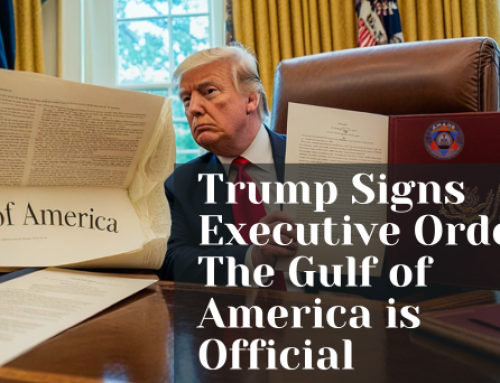In today’s complex financial landscape, many individuals choose to establish private, unincorporated trusts to manage their assets and protect their privacy. A private trust offers numerous benefits, including asset protection, privacy from public records, and control over distributions. However, if you’re not careful when dealing with banks, you may inadvertently expose your trust to unnecessary risks by sharing too much information.
One common yet overlooked issue arises when banks ask to see all of your trust documents. This seemingly routine request can have serious implications, especially if your trust is private, unincorporated, and not registered with the Secretary of State. In this post, we’ll explore why providing the full trust document can compromise your privacy and what you can do to protect your trust’s confidentiality.
Why Do Banks Ask for Trust Documents?
When opening a trust account or conducting transactions, banks are required to verify the identity of the trustees and the legitimacy of the trust. This is typically done to comply with anti-money laundering (AML) and know-your-customer (KYC) regulations. However, many banks take this process a step further by requesting copies of the entire trust agreement, not just a certification or summary.
While this may seem like a harmless request, it can create significant privacy concerns for anyone who values the confidentiality of their private trust.
The Problem with Providing Full Trust Documents
When you hand over the entire trust document, you are giving the bank access to sensitive, private information that goes far beyond what is necessary for their compliance checks. This includes:
- Detailed Asset Information:
- Trust documents often contain lists of assets, including real estate, investments, and other valuable holdings. By providing this information, you risk exposing your entire asset profile to the bank’s records.
- Beneficiary Details:
- Trust agreements typically include the names and personal details of beneficiaries, which can be sensitive information you may not want disclosed. Once the bank has this information on file, it could be accessed by unauthorized individuals or exposed in the event of a data breach.
- Distribution Plans:
- Your trust’s plan for distributing assets upon your passing or other triggering events is confidential. Sharing this with the bank can open the door to unwanted scrutiny or interference.
What Happens When the Bank Makes Copies?
Many people don’t realize that when a bank asks to see your trust documents, they often make copies for their records. This means that:
- A Permanent Record is Created:
- Once a copy is made, it becomes part of the bank’s files. You lose control over who has access to this information and how it is stored.
- Increased Exposure to Legal Requests:
- If the bank’s records are ever subpoenaed as part of a legal investigation, your private trust information could be disclosed without your consent.
- Risk of Data Breaches:
- In today’s digital age, even the most secure financial institutions are vulnerable to hacking and data breaches. By allowing the bank to store copies of your trust documents, you are increasing the risk that your sensitive information could be exposed.
Protecting Your Trust’s Privacy: Best Practices
To safeguard the privacy of your private, unincorporated trust, it’s crucial to be proactive when dealing with banks. Here’s how:
- Provide a Certification of Trust:
- Instead of handing over the entire trust document, offer a Certification of Trust. This is a condensed summary that includes only the essential information, such as the trust’s name, date of creation, trustee names, and their authority. It does not disclose asset details or beneficiary information.
- Limit Disclosure:
- If the bank insists on seeing certain sections of the trust agreement, provide only the necessary excerpts. Redact any sensitive information that is unrelated to the bank’s request.
- Refuse Copying:
- Clearly state that you do not authorize the bank to make copies of your trust documents. Explain that doing so would violate your privacy and the confidentiality of the trust.
- Request a Non-Disclosure Agreement (NDA):
- If the bank insists on making copies, ask them to sign an NDA. This agreement should outline how the documents will be stored and limit who can access them.
Final Thoughts: Keep Your Private Trust Private
A private, unincorporated trust is designed to offer a high level of confidentiality and protection. However, by sharing the entire trust document with a bank, you may be compromising the very privacy that your trust was intended to provide. Understanding the risks and taking proactive steps to limit the disclosure of sensitive information can help you maintain the integrity of your private trust.
In conclusion, be cautious when dealing with banks, and don’t be afraid to push back if their request goes beyond what is necessary. Remember: Your trust’s privacy is paramount, and you have the right to protect it.








Leave A Comment